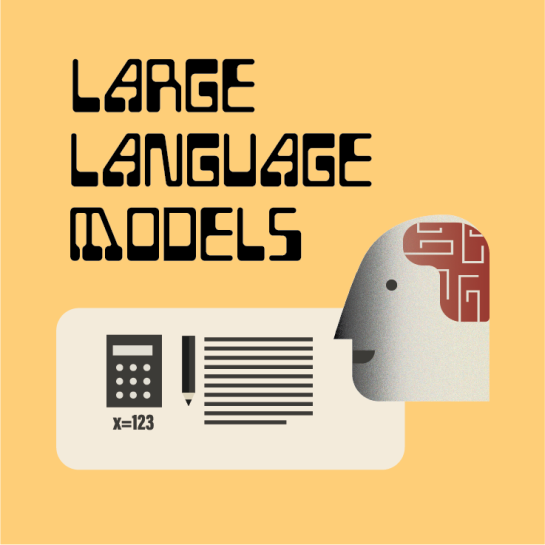
Marthe Ballon
Biography
Marthe Ballon is a PhD student under the supervision of Prof. Dr. Vincent Ginis. She graduated from the Vrije Universiteit Brussel in 2024 with a degree in Mathematics, specialising in Financial and Applied Mathematics. Her research lies at the intersection of mathematics and AI, with the aim of unraveling the reasoning or non-reasoning abilities of large language models.
Present projects
Estimating the difficulty of problems with large language models without ground truth. Joint work with Andres Algaba, Brecht Verbeken and Vincent Ginis.
Injecting the reasoning traces of LLMs to improve their performance. Joint work with Desi R. Ivanova, Andres Algaba and Vincent Ginis.
Past projects
Analysing the relationship between token use and performance in LLMs. Paper. Joint work with Andres Algaba and Vincent Ginis.
Location
Pleinlaan 5
1050 Elsene
Belgium

